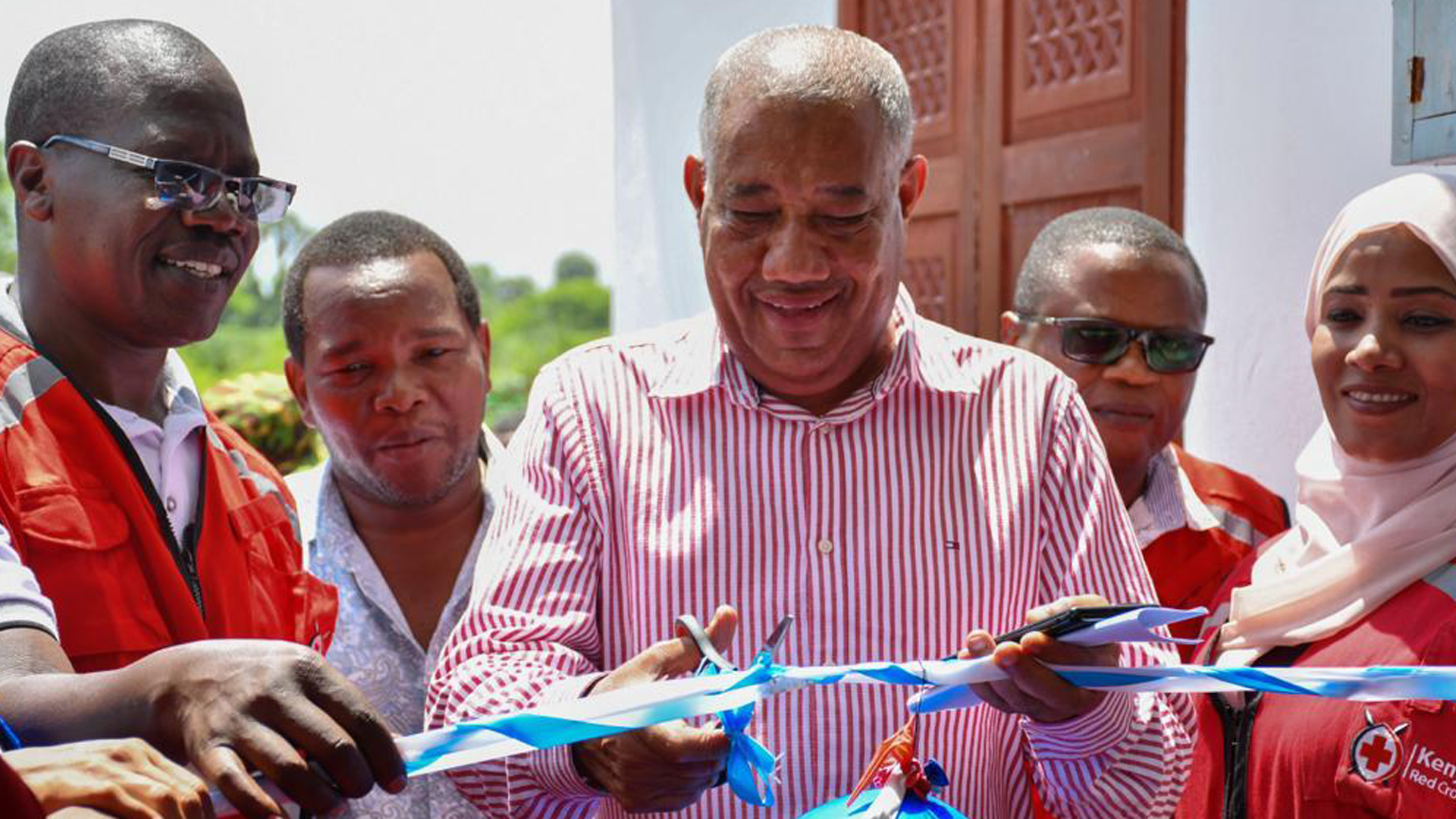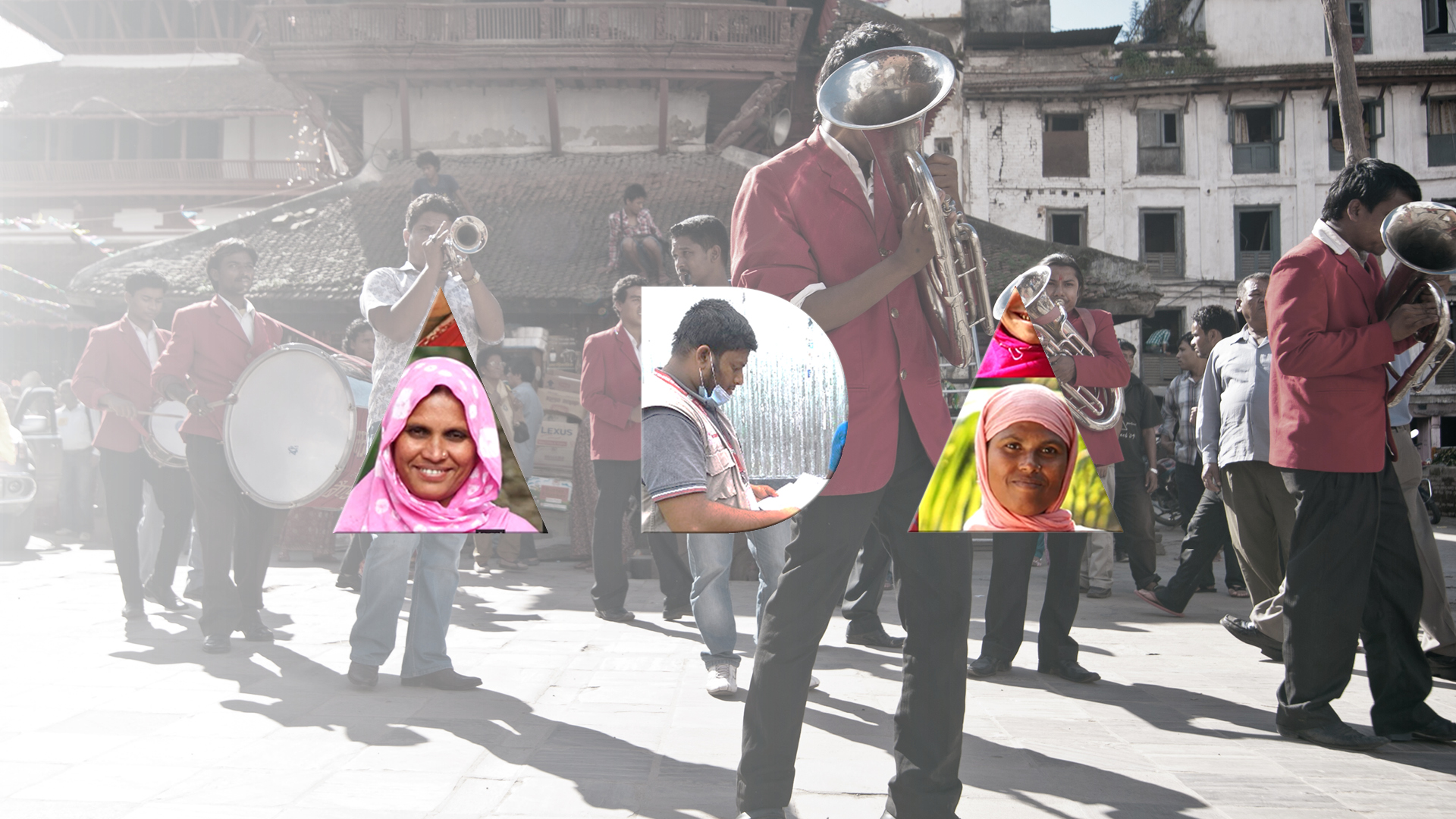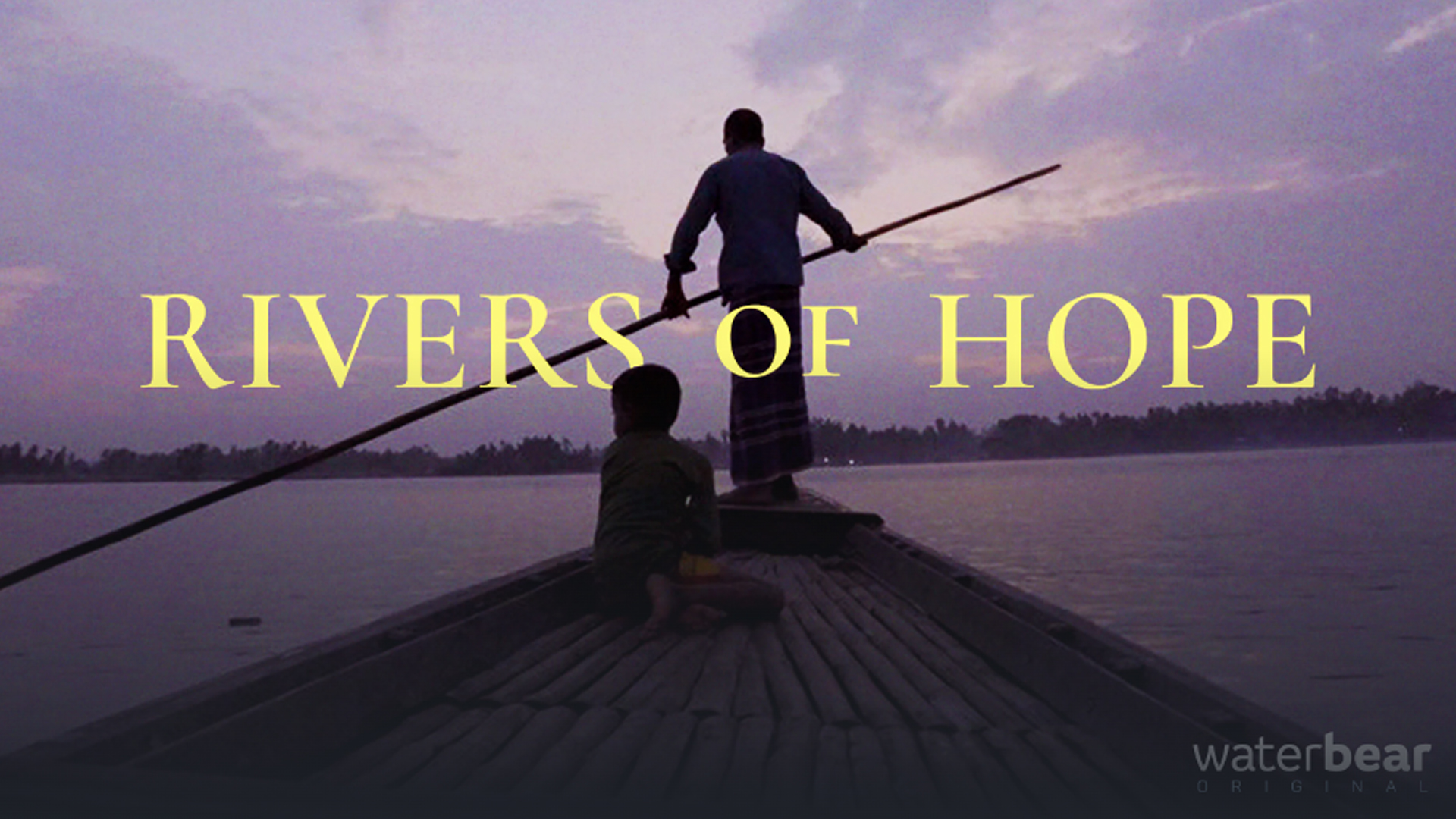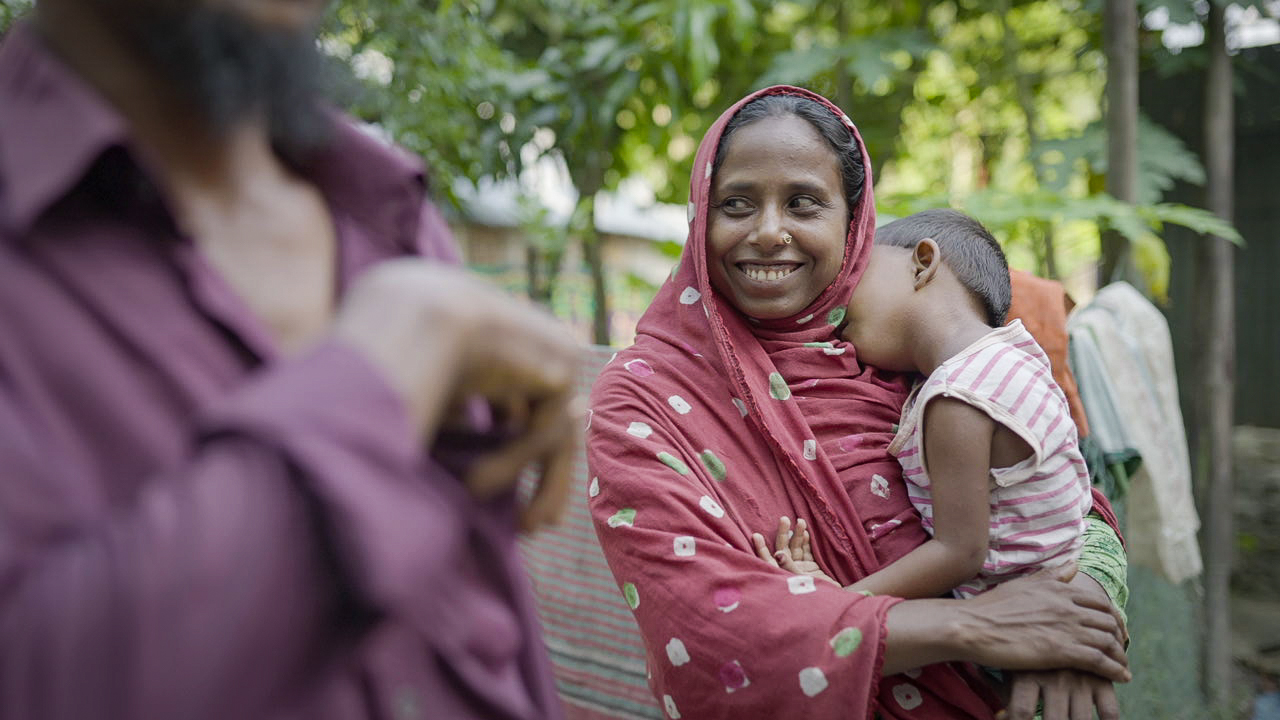
Averted Disaster Award 2023
Winner
Amrita Center for Wireless Networks & Applications
Revolutionizing Disaster Management: Empowering Communities and Saving Lives through Technological Interventions
In recent years, India has been grappling with an escalating frequency of natural disasters, and among these, landslides have emerged as a particularly impactful threat. The Himalayan and Western Ghats regions in the country are especially vulnerable to landslides, leading to numerous casualties each year. To address this pressing challenge, Amrita Vishwa Vidyapeetham, India, has pioneered a ground-breaking solution – AI-enabled Internet of Things (IoT) Landslide Early Warning System (Amrita-LEWS).
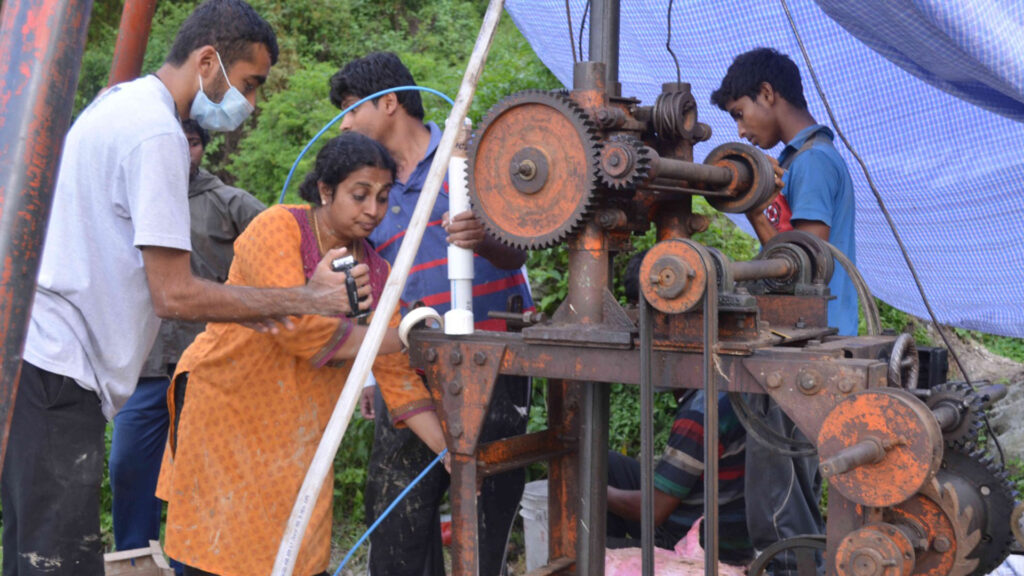
Landslides triggered by factors such as extreme rainfall, improper drainage, and human development activities have wreaked havoc on regions like Munnar in the southern state of Kerala. For years 2018 through 2022, the Munnar community has faced perilous situations during the monsoon season, jeopardizing their lives, livelihoods, and security. To combat this, Amrita Vishwa Vidyapeetham introduced the Amrita-LEWS, an innovative system consisting of more than 150 sensors strategically placed underground, ranging from the surface level to bedrock.
This system is a sophisticated amalgamation of AI, IoT, and data analytics. It continuously monitors an array of parameters – from rainfall, seismic actions, and moisture levels to pore pressure, vibrations, and inclinations. The collected data is then analyzed to predict the onset of landslides with impressive accuracy.
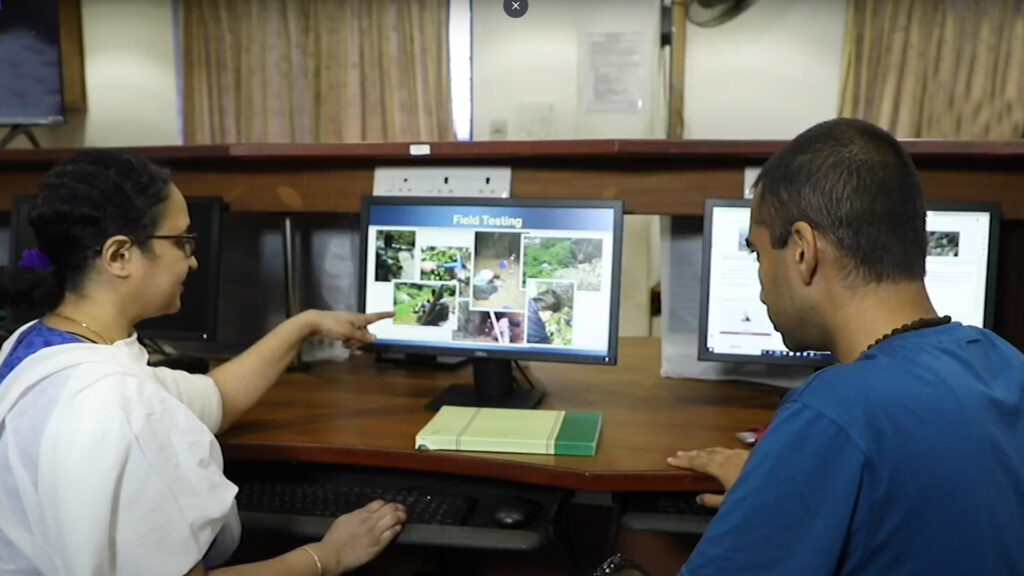
Notably, the system incorporates AI and machine learning techniques to forecast landslides with a lead time of 3 to 24 hours, thus providing a crucial window for evacuation and disaster preparedness.
What sets the Amrita-LEWS apart is its ability to monitor various types of parameters and offer multi-scale warnings for different types of landslides. By seamlessly integrating meteorological, geological, and hydrological data through an IoT framework, the system delivers timely and reliable early warnings. The technology has been rigorously tested, validated, and refined through real-world deployments, ensuring its effectiveness.
A more advanced iteration of this system has been operational in Chandmari, Sikkim, since 2018. Covering over 32 hectares, this extended version employs an array of geotechnical and geophysical sensors to monitor factors like moisture levels, pore water pressure, ground vibrations, tilting, and strain. Weather stations equipped with environmental sensors keep track of rainfall, temperature, humidity, solar radiation, wind speed, and atmospheric pressure. The real-time data from these sensors is transmitted to Amrita’s Control Center, where it undergoes detailed analysis to generate accurate predictions and facilitate informed decision-making.
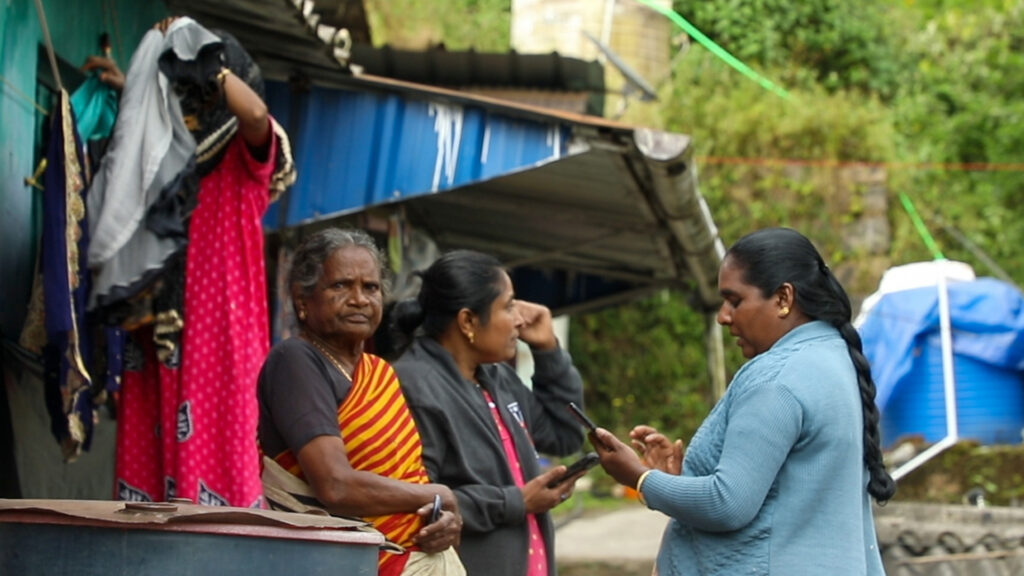
This technological marvel hasn’t just remained confined to laboratories – it has proven its mettle in the field. Amrita’s IoT system has successfully issued early warnings for landslides on numerous occasions, including critical instances like July 2009, August 2011, August 2013, and more recently, in July and August of 2018, 2019, 2020, 2021, 2022 and 2023. These timely alerts have played a pivotal role in safeguarding the lives and properties of the Munnar community.
Two striking examples highlight the system’s effectiveness: In August 2020 and August 2022, regional landslide warnings were issued for the Western Ghats, specifically Munnar. In both instances, devastating landslides occurred within a mere 20 kilometers of the deployment sites shortly after the warnings. These incidents stand as testament to the reliability and accuracy of Amrita’s early warning system.
Yet, Amrita’s commitment to disaster management goes beyond technology. The institution is deeply engaged in fostering community resilience through comprehensive programs. Initiatives like the Landslide Tracker, a collaborative mobile app, and the Amrita Kripa app for real-time disaster management underscore their dedication to involving the community. Additionally, Social Media Mining Platform focuses on harnessing social media data for swift and inclusive multi-hazard event detection, aiding rescue and relief operations.
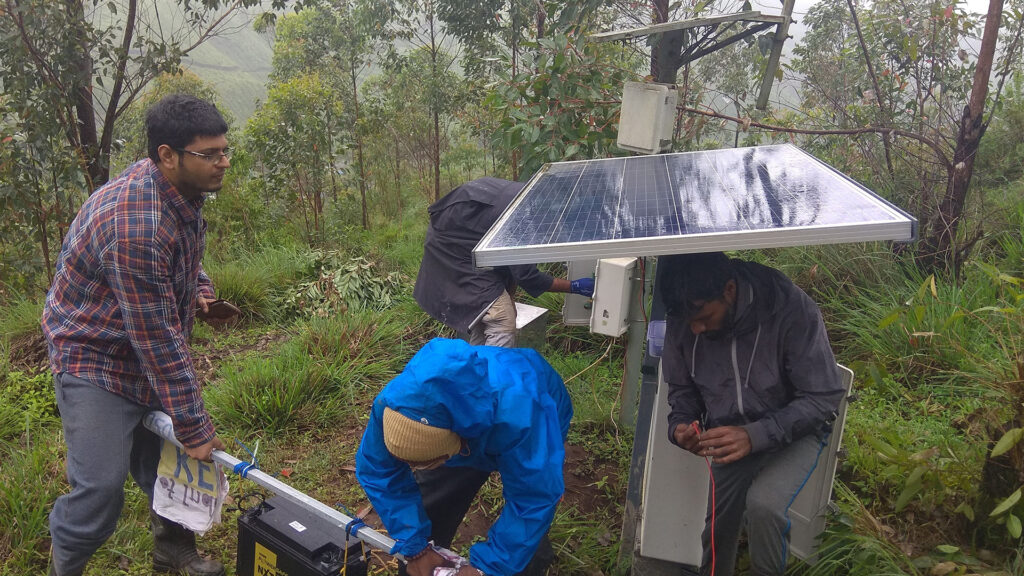
By intertwining technological prowess with community empowerment, Amrita Vishwa Vidyapeetham is revolutionizing disaster preparedness and mitigation. Through a decade-long journey of research, development, deployment, and operation, their AI- and IoT-driven systems have proven instrumental in not just saving lives, but also making communities self-reliant and resilient in the face of natural disasters. The experiences gleaned from real-world deployments in both the Western Ghats and the North-east Himalayas stand as a testament to the transformative power of technology when combined with a vision for societal betterment.
